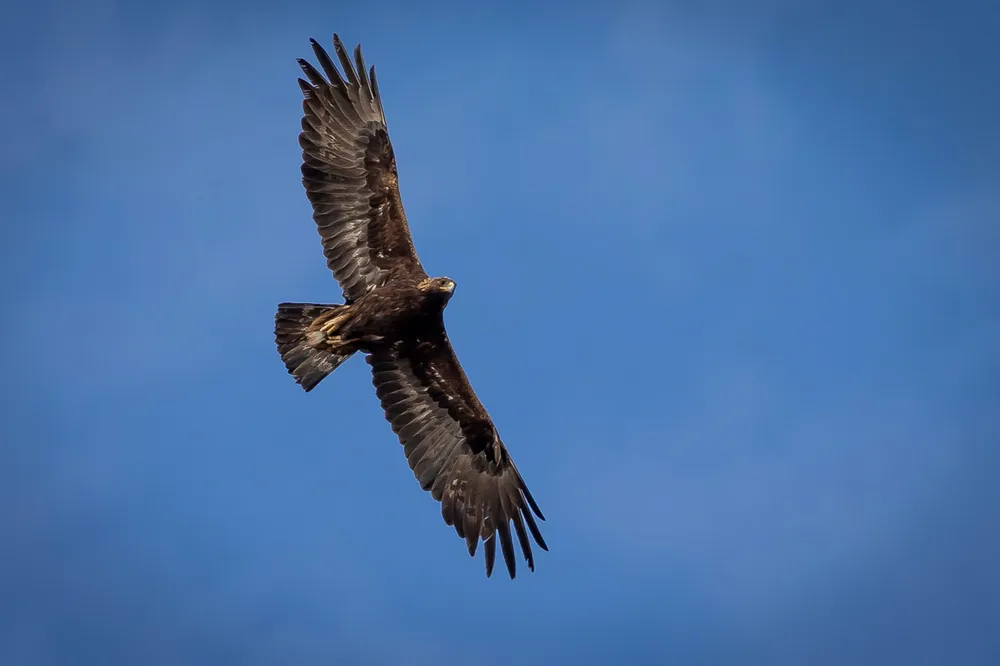Where eagles dare: wind turbine peril for iconic birds
Some US wind farms are getting an image problem as distracted eagles fall victim to turbine blades

Some US wind farms are getting an image problem as distracted eagles fall victim to turbine blades
